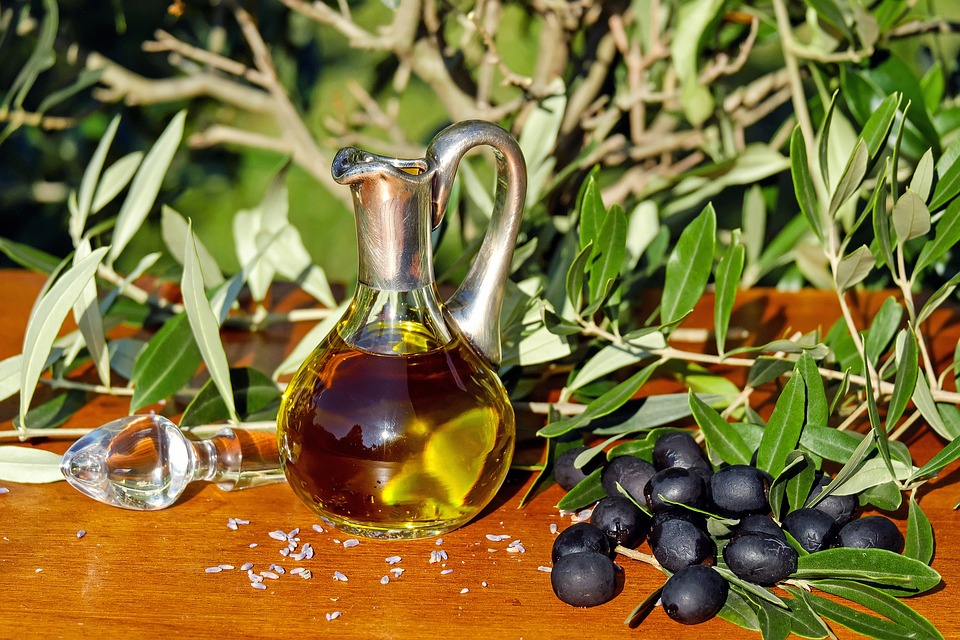Organic olive oil has become increasingly popular in the culinary world due to its health benefits and delicious flavor. But have you ever stopped to think about the journey that this golden liquid takes from the farm to your table?
The process of producing organic olive oil starts at the groves where the olive trees are cultivated. These groves are carefully tended to in order to ensure the health and quality of the olives that will eventually be pressed into oil. This includes practices such as crop rotation, cover cropping, and integrated pest management, all of which help to maintain a healthy ecosystem in the groves.
Once the olives are ripe and ready for harvesting, they are carefully picked by hand to avoid damaging the fruit. This labor-intensive process ensures that the olives are of the highest quality and have not been bruised or crushed, which can affect the flavor of the oil.
After being harvested, the olives are taken to the mill where they are washed and crushed to extract the oil. In the case of organic olive oil, no synthetic pesticides or fertilizers are used during this process, ensuring that the oil is not contaminated with harmful chemicals.
The extracted oil is then filtered and stored in stainless steel tanks to prevent oxidation and preserve its flavor. From there, it is bottled and labeled before being shipped to stores and restaurants around the world.
When you purchase a bottle of organic olive oil, you can rest assured that it has undergone a rigorous process from farm to table. By choosing organic olive oil, you are not only supporting sustainable farming practices, but also enjoying a product that is free from harmful chemicals and pesticides.
Next time you drizzle some organic olive oil over your salad or use it to cook a delicious meal, take a moment to appreciate the journey that this liquid gold has taken to reach your table.
Sources:
1. https://www.todaysdietitian.com/newarchives/0519p36.shtml






























Add Comment